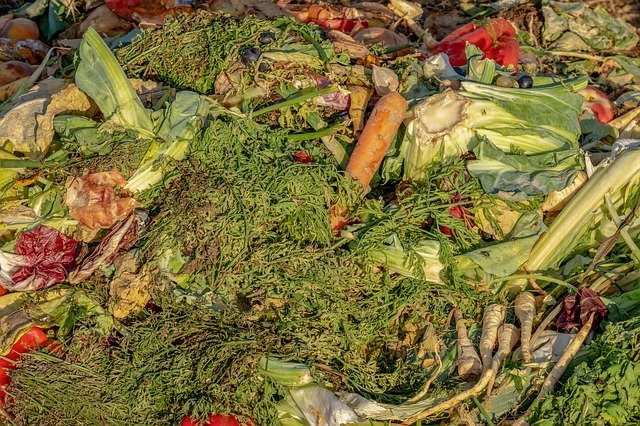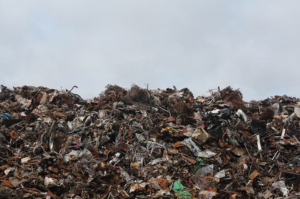Food waste

When we think of food waste, we might think of the scraps of food leftover from dinner, or the food we couldn’t finish at the carvery or local buffet, but the food waste that we globally produce goes way beyond the food on our own plate.
For instance, did you know that one third of food produced for human consumption gets lost or is wasted? This amounts to 1.3 billion tonnes of food. Less than a quarter of this would be needed to feed one billion of those facing malnourishment today. Around 25% of the world’s fresh water supply is used to grow food that is never eaten. Similarly, 300 million barrels of oil are used to produce the food that goes to waste each year. This signifies that we also experience loss of resources, alongside food, at the different stages of the supply chain. If food waste were a country, it would be the 3rdlargest emitter of greenhouse gases, coming behind China and the USA, illustrating the total amount of food and water that is annually wasted around the world.
When we look at developing countries, 40% of losses occur at the processing stage, from transportation to packaging. At the other end of the spectrum, in industrialised countries, 40% of food waste takes place within retail where not only are large quantities of food not sold due to store standards, but food is also wasted by consumers after purchase.
With that being said, food waste does not just mean loss of food, but it also means wasteful use of resources, including water, land, energy, labour and greenhouse gas emissions, which contribute to global warming.

Different countries are now turning their thoughts and pledges into actions and regulations. For example, in France, it is illegal for supermarkets to throw away edible food, and they must instead donate it to charities who will supply and distribute it to those in need. Likewise, in South Korea, people must pay to dispose of their food waste, in an effort to encourage people to throw away only what is absolutely necessary. The collected food is then used for fertiliser, animal feed or burnt to generate electricity. The United Nations has also set ending hunger, achieving food security and improved nutrition and promoting sustainable agriculture as one of its 17 Sustainable Development Goals (SDGs) for the year 2030.
The reality is, by 2050, the world must feed 9 billion people. The demand for food will be 60% greater than it is today.
Prime Production’s work with key players in the water and food security sector, such as the Scaling Up Nutrition Movement (SUN) and the Water Supply and Sanitation Collaborative Council (WSSCC), is demonstrative of its knowledge and experience within the field.
From French to Spanish to Arabic, our network of linguistic expertise faithfully translate and localise documents to suit requirements, giving our clients the confidence that their report or presentation on food security will be received by target audiences.
Are you looking for your next project to be translated? Head over to our website where you can learn more about our services, areas of expertise as well as the languages that we work in.

Leave a Reply